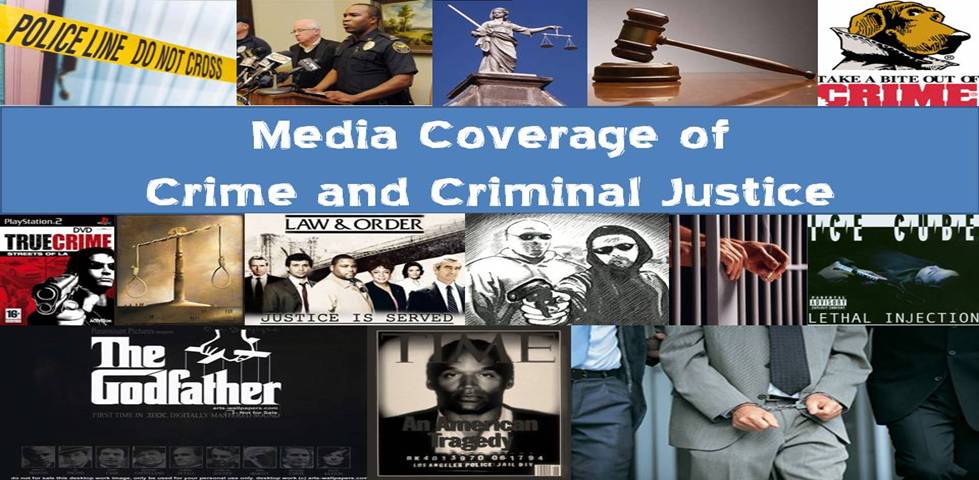But today in Yahoo News, there is this story about an amazing pot bust in Chicago. So clearly, the war is over now, right?
CHICAGO (AP) — In Chicago,
a bustling urban metropolis where skyscrapers are as likely to sprout
up as anything a farmer might plant, someone decided there was just
enough room to grow something a little more organic: Marijuana.
On Wednesday, a day after the
discovery of the largest marijuana farm anyone at the police department
can remember, officers became farmers for a day as they began to chop
down about 1,500 marijuana plants that police said could have earned the
growers as much as $10 million.
No arrests had been made as of Wednesday, and police were still trying to determine who owns the property that housed the grow site on the city's far South Side. But police said they were hopeful that because of the size of the operation, informants or others might provide tips about those involved, including a man seen running from the area as the helicopter swooped low.
Add to that the urban sprawl:
there are few spots in Chicago where such an operation could go
unnoticed because of all the buildings, roads and residents. The growers
took pains to ensure their crop was largely hidden by a canopy of trees
and surrounding vegetation.
"Somebody put a lot of thought into it," O'Grady said. "But they probably didn't anticipate the helicopter."
Chicago Police Officer Stan
Kuprianczyk, a pilot, said police helicopters flew "over it all the
time," to and from their hangar, without spying the grow site. Yet
somehow, a number of factors came together to allow Cook County
Sheriff's Deputy Edward Graney to spot the plants.
"We had the right altitude, the right angle, the right sunlight, and I happened to be glancing down," said Graney. He said he initially spotted five plants or so through the trees before he asked Kuprianczyk to circle around for a closer look.
"We just happened to be right over a small hole in the trees and we looked down," Kuprianczyk said.
They also happened to have the
right training, Graney said, explaining that just a few weeks earlier a
much smaller operation in suburban Chicago prompted them to fly over and
videotape the scene so they might be able to recognize marijuana if
they ever saw it from the air again.
So, by the time Graney spotted
the marijuana plants, which are a much brighter shade of green than the
surrounding vegetation, he had a pretty good idea what he was looking
at.
Superintendent Garry McCarthy,
whose officers are more used to intercepting shipments of marijuana
grown elsewhere or discovering hydroponic growing operations inside
buildings, said the discovery of the marijuana is significant in a
larger fight against street violence.
Those involved with narcotics,
whether it is marijuana, heroin or cocaine, purchase firearms with their
profits and have shown they're willing to use them to protect their
business, he said.
"That's where the violence comes in, the competition for the markets," he said.




